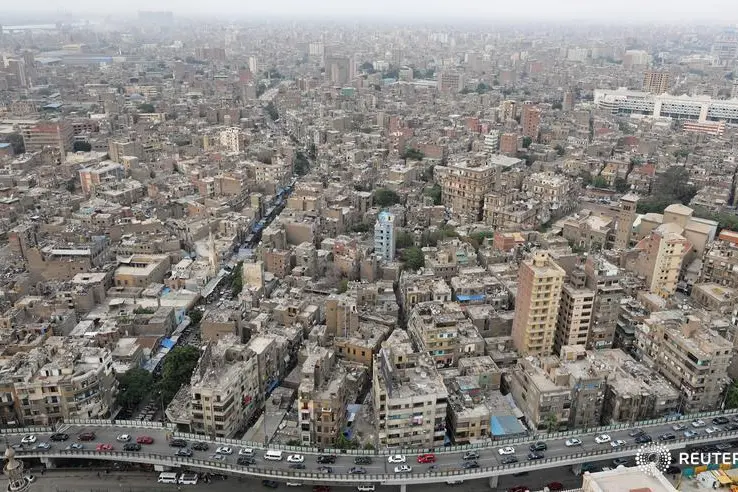PHOTO
Cairo – Mubasher: Egypt’s real estate sector has been affected negatively by the currency flotation decision in November 2016.
The liberalisation of the Egyptian pound was seen as a "critical juncture" in the North African country’s financial situation, according to Bloomberg Buisnessweek.
The Egyptian pound lost around 50% of its value on the back of currency float, which was a key part of the government’s economic reform programme.
On the other hand, inflation of imported goods including raw materials for construction witnessed a hike, which in return led to a drop in real estate sales, the New York-based agency reported.
After around two years of flotation, the Arab world's most populous country has managed to get over this drop, passing the shock of the pound’s slide and started seeing the benefits of a more balanced economy, Bloomberg said.
“The devaluation of the currency combined with the inflation that resulted from that, plus the reforms by the government, resulted in a decrease in purchasing power and so demand for real estate fell,” Souhir Mzali, regional analyst for Africa at Oxford Business Group, said.
Since the first quarter of 2017, the Egyptian pound became more stable and economic reforms become fruitful.
This in return enabled Egypt to begin drawing back foreign direct investments (FDI) and pushed the real estate sector to recover, Mzali added.
Real estate investors and developers also played an important role concerning the sector’s growth through launching new projects, according to a recent report released by Jones Lang LaSalle (JLL), a professional services firm that specialises in real estate and investment management.
“The strength of underlying demand protects the residential sector from the full force of the economic pressures impacting the commercial markets,” the report highlighted.
During the first quarter of 2018, residential prices continued to rise while the leasing market has been less buoyant. Average declines in the retail rents are estimated at about 45%, according to a report entitled “The Cairo Real Estate Market’ Q1 2018”.
“Real estate in Egypt remains one of the highest growth sectors of the economy and there are many reasons for that. Traditionally the sector has been a safer alternative to other investments as it has that kind of emotional aspect as a tangible asset,” Mzali noted.
Meanwhile, there is a housing shortage of up to 3 million units nationwide that's needed to be met.
Prices of real estate sector in Egypt continued to increase in Q1-18 but at lower levels of 2-7%, JLL added.
All Rights Reserved - Mubasher Info © 2005 - 2018 Provided by SyndiGate Media Inc. (Syndigate.info).





















